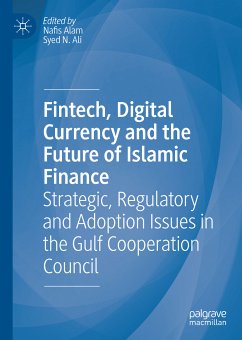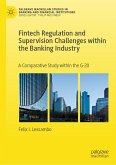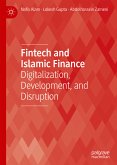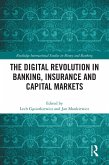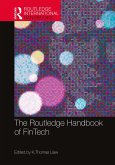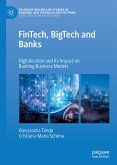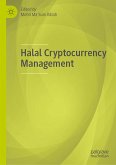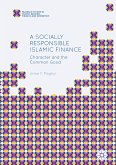The banking and financial landscape has been inundated with technology over the last decade, with FinTech, InsurTech and RegTech being just some of the new applications within finance. In the Gulf Cooperation Council (GCC), FinTech is yet to find its feet despite several digital transformation drives initiated by the regional governments in the UAE and Bahrain. In comparison to conventional finance, the use of FinTech within Islamic financial institutions (IFIs) in GCC countries is still in its very early stages. However, the potential disruption that technology may cause for the Islamic finance sector within this region cannot be underestimated. Aiming to highlight, examine and address key strategic, operational and regulatory issues facing IFIs as they make an effort to keep up with the FinTech revolution, this book explores the market positioning, product structure and placement, delivery channels and customer requirements within the GCC market. The authors evaluate the current situation and look forward to future regulation surrounding technology and financial institutions within the GCC. Scholars and students researching Islamic finance and financial technology will find this book an insightful and valuable read, as well as those interested in international finance more generally.
Dieser Download kann aus rechtlichen Gründen nur mit Rechnungsadresse in A, B, BG, CY, CZ, D, DK, EW, E, FIN, F, GR, HR, H, IRL, I, LT, L, LR, M, NL, PL, P, R, S, SLO, SK ausgeliefert werden.

